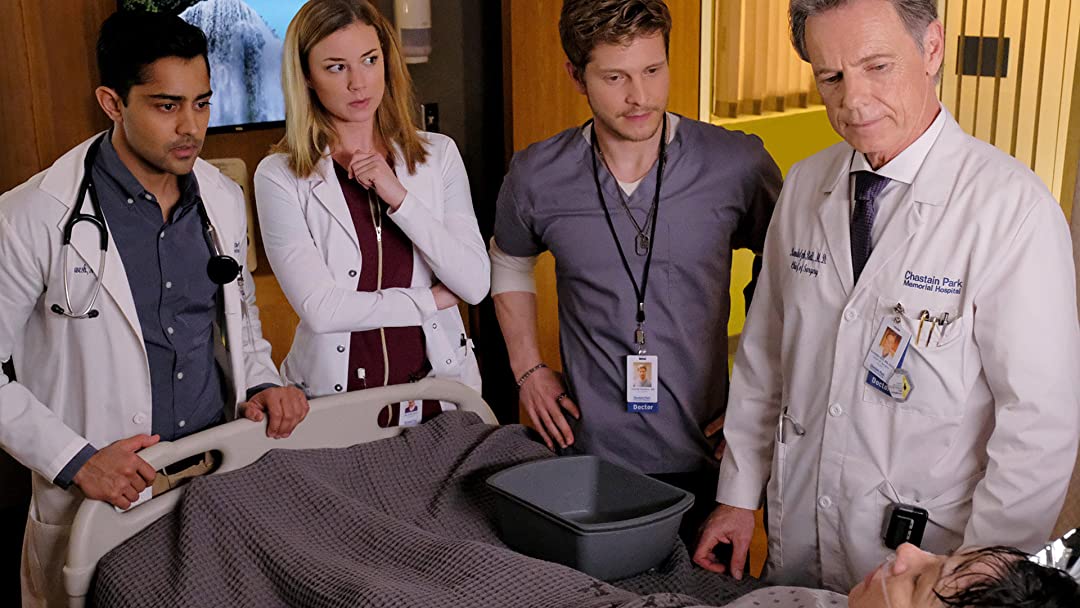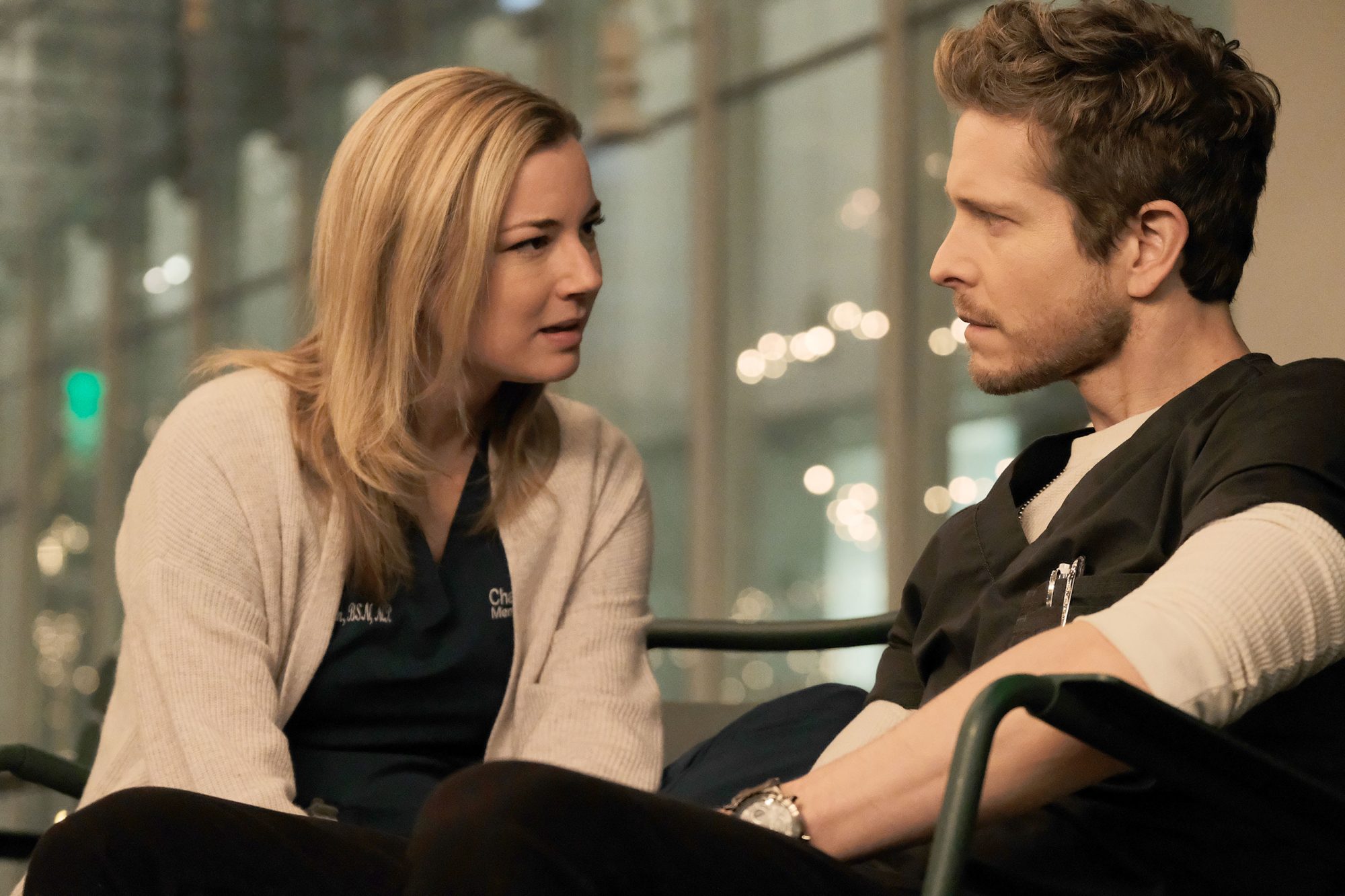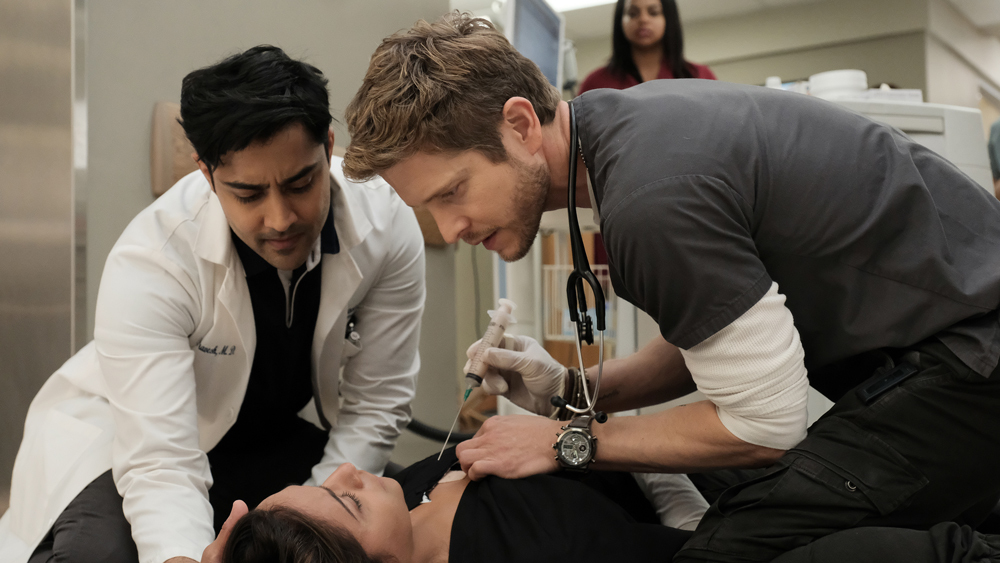The medical drama is one of the most popular genres among the viewers, case in point being ‘Grey’s Anatomy,’ ‘House,’ and ‘ER.’ ‘The Resident’ is an addition to this list. Created by Amy Holden Jones, Hayley Schore, and Roshan Sethi, the series focuses on the lives and duties of the staff members at the Chastain Park Memorial Hospital as they navigate the bureaucratic system that shapes the medical industry. The viewers are taken on a roller coaster ride of emotions, as it also puts the dilemmas that test human values to the forefront. Indeed, many of us are left wondering how much truth there is in the stories the show depicts. Let us find out!
The Resident: A Story Rooted in Real Experiences
Yes, ‘The Resident’ is based on a true story. Some aspects of the show are based on the nonfiction book ‘Unaccountable’ by Dr. Marty Makary. Dr. Makary is a pioneering surgeon at the Johns Hopkins Hospital, specializing in surgical oncology and gastrointestinal surgery. A health care futurist, Dr. Makary is a public health policy professor at the Johns Hopkins Bloomberg School of Public Health.
His experience of seeing the “variation in quality” and the “alarmingly high error rates” in the healthcare system drove him to write the book. A research study led by Dr. Makary also revealed that medical error is the third leading cause of death in the US, after heart disease and cancer. The term “iatrogenic disease” refers to conditions or symptoms resulting from therapeutic and diagnostic procedures carried out on a healthcare user.

Apart from medical error, the series also brings to the limelight real-world issues of sexual assault and the financial angle in medicine. According to the Harvard Business Report, a whopping 30-70% of female physicians and almost half the female medical students report incidents of being subjected to sexual harassment. The Healthcare industry is particularly susceptible to sexual abuse, given the aspect that it is an enormous bureaucracy “dominated by men in decision-making.”
It is important to note that women make up about 80% of the workforce in the healthcare industry, which means that the statistics indicate a massive problem in the way these matters are handled. The series specifically addresses this issue in season 1. Co-creator Amy Holden Jones even pointed out that half the staff in the writers’ room for this series is female, and they are also trying to get more female directors on board.
Speaking of the financial angle in medicine, not many people are aware of Relative Value Units or RVUs. It is a methodology used by Centers for Medicare & Medicaid Services (CMS) and private payers to determine physician payment. Although it does not define the direct compensation in dollars, it does showcase the value of a service or procedure in relation to all services and procedures.

In an interview with ProPublica, Dr. Makary explained how this works. At the end of each fiscal year, the bonus that the doctors receive is based on whether their work units are high or low. He further elaborated that it meant an “increasing pressure” on the doctors to see more patients, prescribe more medications, and conduct more procedures.
There are specific details and episodes in the show which are directly inspired by actual events. In fact, Emily VanCamp’s Nurse Nicolette Nevin is loosely based on a real-life nurse who exposed a doctor who had misdiagnosed a vast number of his patients. The real-life doctor is in jail, but the nurse who exposed him “lost everything,” in VanCamp’s words. Therefore, realism is what sets ‘The Resident’ apart from other shows that belong to the same genre.
Read More: Best Medical Shows on Netflix


You must be logged in to post a comment.